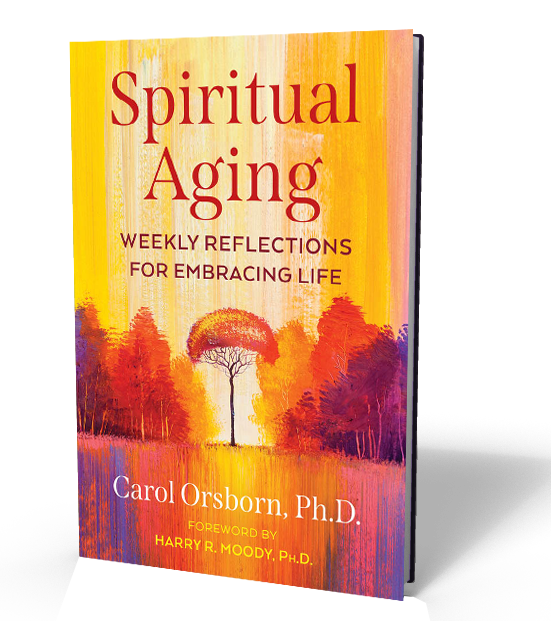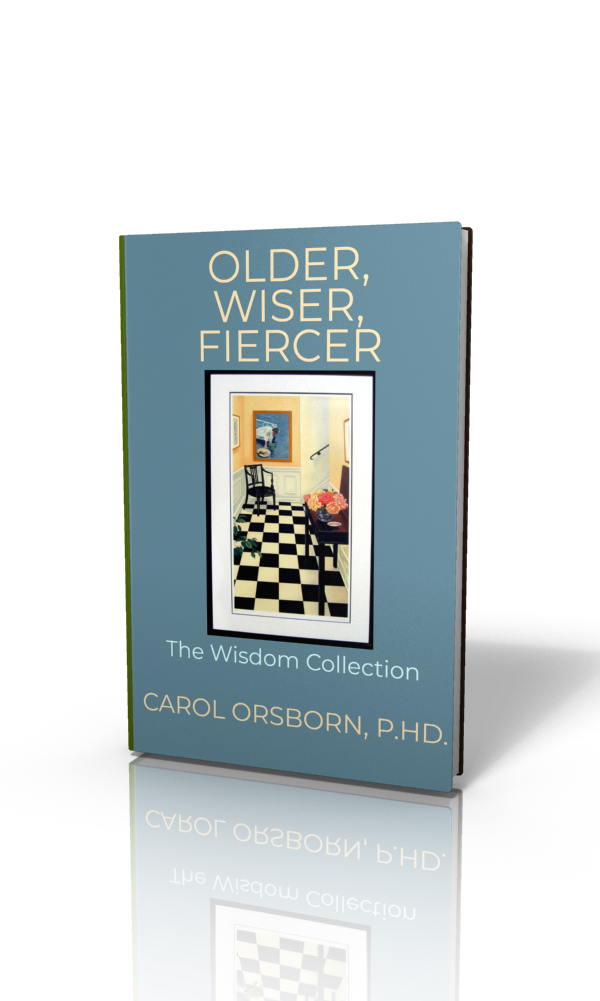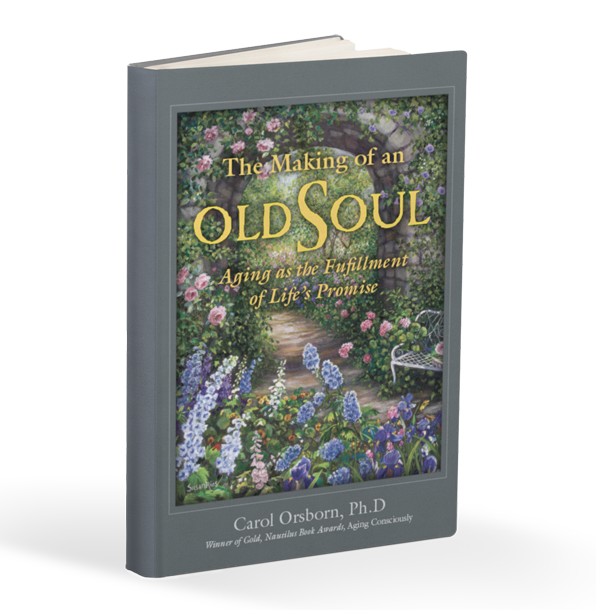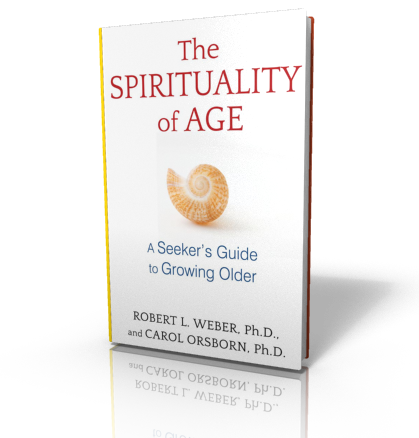My friends, let’s grow up.
Let’s stop pretending we don’t know the deal here…
Let’s grieve our losses fully, like ripe human beings,
But please, let’s not be so shocked by them.
— Jennifer Welwood
What the world needs now, more than ever, is more consciousness—of large things previously denied and small things previously unnoticed. We can hold onto our old, habitual ways of seeing ourselves and the world, or allow both the pathos and the beauty of life, in all its vulnerability, to break us open. It is as Robert Jingen Gunn in Journey to Emptiness writes: We can shut down in the face of crisis and tragedy, or we can let it take us “to the exact edge of life and death. …There we are forced to make a choice about how to live: whether to follow vitality with its attendant risks, struggles and promise, or whether to succumb to the death within life of unconsciousness.” Which do you choose?
Answering this key existential question is the sole task of the most evolved stages of the arc of life. Even here, or perhaps especially, one may succumb to the mistaken notion that if one were experiencing anything other than serenity and bliss, one was failing this last developmental challenge. Reality is rarely easy. But what’s the alternative? Parker Palmer reminds us of the exchange between the 19th-century transcendentalist Margaret Fuller and the writer Thomas Carlyle:“‘I accept the universe,’ proclaimed Fuller. ‘Gad! She’d better,’ replied Carlyle.”
Serenity, as it is commonly understood, is not the only answer. Yes, I love walking in nature and cherish quiet time curled up with a volume of Thomas Merton before a blazing fireplace. But I have also learned to let loose in ways I’d never anticipated. Here’s an example from Isaac Bashevis Singer’s novel The Family Moskat that makes me smile every time I read it:
“I’m getting as old as Methuselah; I climb a single flight of stairs and my heart begins to pound like a thief’s with the police after him. …I went to Dr. Mintz.
‘Don’t get yourself excited,’ he says. ‘Bad for your belly-button.’
‘Aha,’ I tell him, ‘a fine trick if you can do it. Suppose you try, doctor,’ I tell him.
“He imagines that all I have to do is stretch out on the sofa, close my peepers, and everything is settled.
‘That’s not my way, professor. I have to roar like a lion. Do you hear me, professor? If I wasn’t ashamed, I would let out such a roaring that Warsaw would collapse.’”
I’m not saying it is easy to shake off a lifetime of conditioning. We are meant in our old age to assess our lives, weighing and balancing our assets in a final reckoning. But by whose criteria? By whose values shall we deem our lives to have been a success or a failure? In this late hour, how are we to live?
There is nothing about this that is quiescent. When the moment comes to question everything you once believed mattered most, it will be beyond you to take that final leap of faith off the edge of the status quo and into the unexplored freedom of your own beating heart. And yet, for you, there will be no alternative. James Hollis writes: “Those who have gone through that transformation have been to Hell and need not fear it anymore; they know that life will bring further tests but will not allow them to settle back into the old, familiar place. From that point onward, they live with a deeper integrity and are less and less defined by the old fears or the many hysterias found all around them. The price and the often grave consequences are compensated through a more profound experience of meaning, whether or not it is ratified by one’s tribe.”
Having answered this core question for myself, my old sense of self shed like a once beloved but now tattered coat that has been outgrown, the irrepressible essence of who I am at heart is once again bursting through. I am glimpsing what it is to go all in on who I really am, but finding it more durable this time than I had previously understood. I am not being careful. I am saying words that should have been spoken years ago; facing old wounds and harsh realities with courage rather than fear; quitting whatever it is I’ve outgrown. All the while, I’m leaving lots of room for improvisation, proving nothing to nobody. I am, in short growing not just old—but wild.
Adapted from The Making of an Old Soul: Aging as the Fulfillment of Life’s Promise
For those who missed Carol Orsborn in conversation with Revolutionize Retirement’s Dorian Mintzer about The Making of an Old Soul last week, you can access the replay and download the audio from this URL:
https://clicks.aweber.com/y/ct/?l=PYOGS&m=3Y5oTgnj0T4phcC&b=xinlcPRvqsyWHLXxNWu8_g
Feel free to share this providing proper credit to Carol Orsborn
and a link to CarolOrsborn.com.








